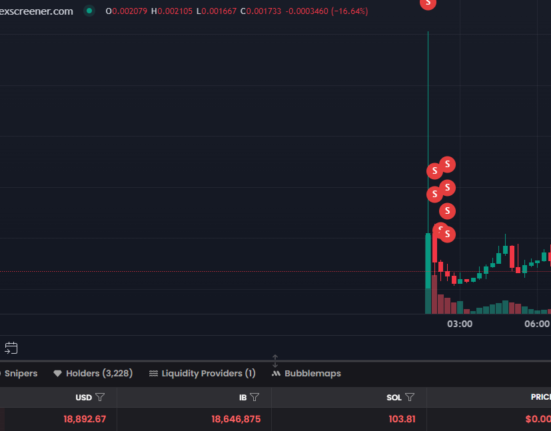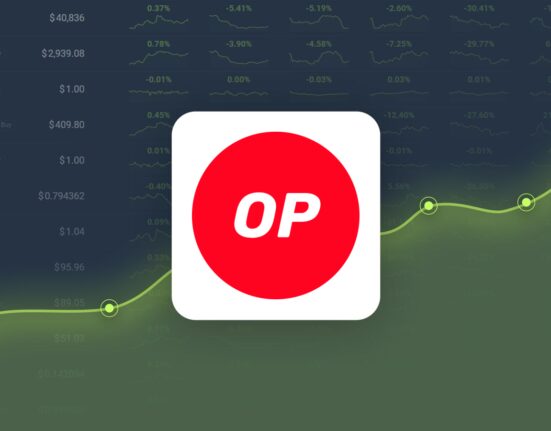[ad_1]


The State of Web3 Grants Report 2024 has underlined some key challenges in the sector. Covering 15 active grant programs, the report finds a growing preference for flexible, non-RFP-based grants and a focus on staged and retroactive funding approaches.
Despite the introduction of new grant-related tools, data centralization seems to be an issue that can create problems in accurately measuring the impact of the program. Better reporting, community involvement, and adaptable strategies are some of the key takeaways from the 2024 report.
15 active grant programs have management shortcomings
The State of Web3 Grants Report 2024, an analysis of grant programs within the web3 segment, covers at least 15 active programs. In 2023, the report covered 13 grant programs without a tooling kit. This time around, the report has included a grant-related tool kit but some recurring issues with operating them persist.
The report notes that prospective, non-RFP-based grants are the most common mechanism. There’s a growing interest in staged funding models, and more programs are experimenting with retroactive funding or pluralistic approaches to achieve their desired outcomes. For instance, the DFINITY Foundation Developer Grants Program encourages applications at any stage of development. The report also notes that there is no budget cap on the program and the focus is on what needs to be funded rather than how it should be done. Ethereum Foundation Prospective Grants offer a variety of grant types and funding sizes. In this program, there is a review process that involves ranked choice voting, a strategy to avoid duplication and grant farming.
State of Web3 Grants Report also finds that grant programs are moving towards a more data-oriented phase. However, it considers that there is a persistent misuse of the term ‘impact’, and better reporting is needed while understanding the value of grants issued. That said, programs are also reportedly struggling with how to measure and communicate the impact of their grants effectively. There’s a recognition that measuring impact should include a mix of outputs (milestones), outcomes, and long-term impact.
Additionally, support for grantees is becoming more critical. Therefore, programs are exploring ways to increase community involvement and work more closely with their communities. For this, there is an emphasis on effective communication with the community with a feedback mechanism. However, programs by Rootstock and Aave reportedly have trouble managing a growing number of grantees with limited team resources. Meanwhile, the Solana Foundation faces resource constraints when running multiple parallel grant programs.
Web3 grant programs cannot be static
The report covers the emergence of 5 grant-related tools. One such example is Karma’s Grantee Accountability Protocol, which aids in tracking grantee progress and building reputation. Through these tools, there is also a push for better reporting infrastructure and upskilling of grantees to provide sufficient data points on grant program success. However, consistent and comprehensive reporting remains a challenge.
Apart from these, some of the top challenges of Web3 grant programs are quite innate to the sector being technology-heavy. Programs deal with a lot of historical data around applications. They might face the challenge of incompatible reporting if the data software isn’t interoperable. For instance, DFINITY deals with centralized data which can be decentralized under a DAO. But in the case of a DAO, like the ENS DAO Public Goods Program, participation in governance voting can be a challenge. Especially if the program is new, like Manta.
The major learning for Web3 grant programs from the report is ‘evolution.’ The State of Web3 Grants Report 2024 states, “As the ecosystem changes, so must the strategies of grant programs.” With that, there are initiatives like the Open Source Observer and the Cartography Syndicate project aiming to improve data sharing and coordination. As the grants management system works around the efficiency and effectiveness within web3, issues of accountability, tools, and data coordination will begin to be solved.
[ad_2]
Source link








